Feature: How UCL is transforming the future of women’s health
6 March 2024
In a world where women’s health disparities persist, UCL is championing initiatives that prioritise the holistic wellbeing of women at every stage of life.
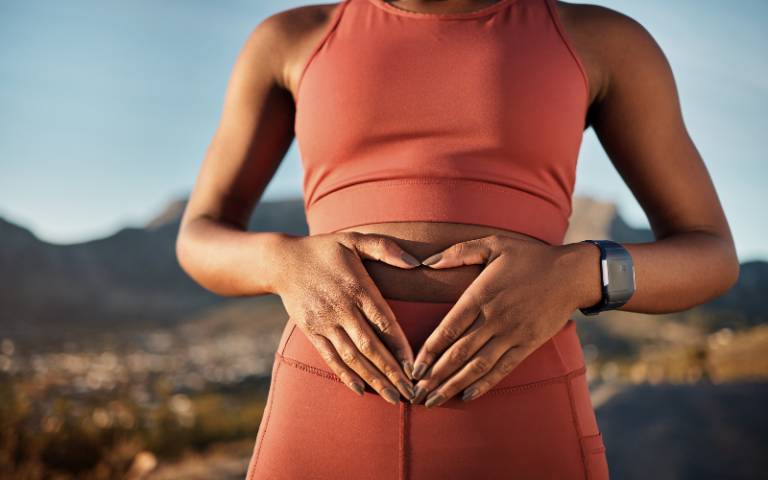
From navigating periods and pregnancy, through to the transitions of menopause and beyond, UCL experts have been working to tackle systemic injustices through pioneering research, state-of-the-art technologies, and comprehensive healthcare strategies.
This dedication to women’s wellbeing is particularly relevant as the world celebrates International Women’s Day (8th March 2024), which aims in part to empower women to make informed decisions about their health and bodies. This year, the theme is “Inspire Inclusion,” – and UCL is highlighting the importance of creating a healthy future for all, through the UCL Women’s Health Week campaign.
Over the past year, UCL researchers have announced plans for the UK’s first menopause education and support network, released research on reproductive health and voiced the experiences of women who have suffered miscarriage.
Here, we explore some of the ways UCL is creating breakthrough cures and treatments to transform the future of female wellbeing for all…
Project period
People’s bodies undergo multiple changes throughout their lives. For many, this starts with menstruation.
UCL research has previously shown that those who menstruate are calling for better education and support around their periods and how they might change over the course of their lives.
Professor Joyce Harper (UCL EGA Institute for Women’s Health) led the research and has spent over 30 years working in the fields of fertility, genetics, reproductive health and women’s health.
She said: “Most negative menstrual experiences stem from a lack of education about what is and isn’t normal and when to seek medical care.
“Early, inclusive, and comprehensive menstrual education is vital for everyone, alongside specialised women’s health training for healthcare professionals.”

Yet although over half of the UK population is female (51% according to the latest census), period products aren’t free for those who need them, which means that many people can’t afford or access them.
And last year, due to the cost-of-living crisis, there was a 43% rise in requests for period products received by charities and food banks in England and Wales.
Sustainable UCL and the UCL Students’ Union are working together to raise awareness of the pros and cons of different disposable and reusable menstrual products in relation to health and the environment to allow individuals to make their own informed choices of which period products are suitable for them, and to help break the taboo around periods.
To reduce period poverty they have been providing biodegradable period products in gender-neutral toilets in central spaces across campus and have been supporting departments who want to provide them too. The next stage of Project Period is to expand the initiative across UCL, and to offer a voucher scheme for re-usable period products such as menstrual cups, reusable pads or pants.
Focus on fertility
Until recently, sex education in the UK focused primarily on puberty, menstruation, sexually-transmitted infections, contraception and abortion.
However, a recent study by UCL researchers at the UCL EGA Institute for Women’s Health and IOE, UCL’s Faculty of Education & Society, found that nearly half of teenagers are worried about having children and many lack knowledge about their reproductive health.
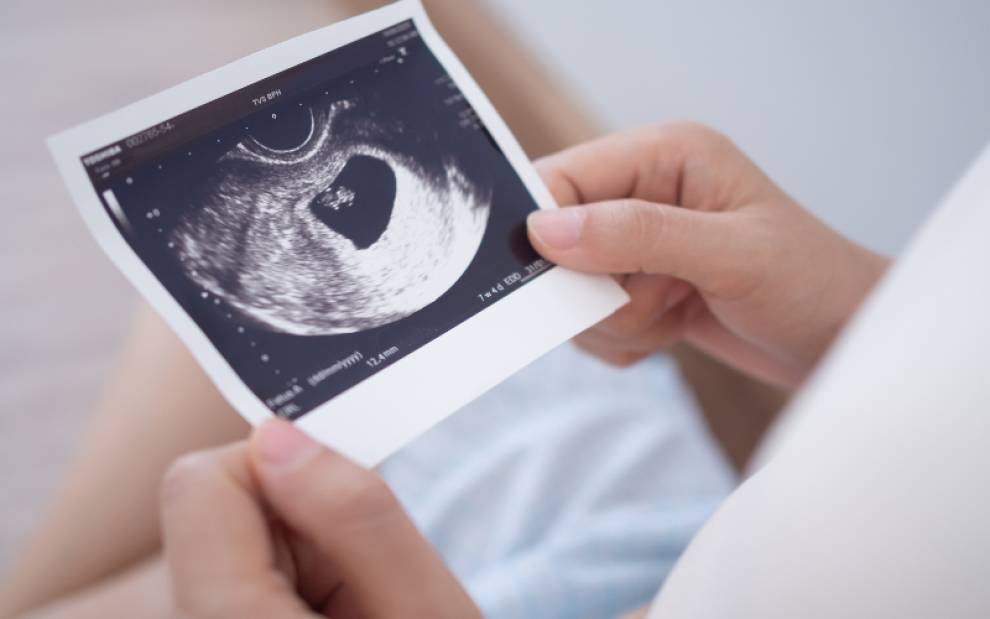
And a study from the UCL Institute for Global Health found that ethical, environmental and political concerns about climate change affect reproductive choices.
However, not all pregnancies will end with the birth of a baby, as around one in five pregnancies end in miscarriage.
Dr Susie Kilshaw (UCL Anthropology) has researched the topic for over 10 years. She says: “Miscarriage is a common global women’s health experience. 20% of pregnancies end in miscarriage and one in four women will experience a miscarriage in their lifetime.
“Many miscarriages are unreported, and some will go unnoticed as a miscarriage may happen very early before a pregnancy is detected. 250,000 miscarriages are diagnosed annually in the UK with most (85%) happening in the first trimester.”
Yet there is often very little public discourse about some of the most important elements of miscarriage, including diverse responses and the physical experience of miscarriage.
As a result, Dr Kilshaw has championed the importance of increasing knowledge about pregnancy loss. And she has worked to voice the shared and unique experiences of nine women who have had a miscarriage. She said: “It’s important to recognise that, just as the physical experience of miscarriage varies, so too do the emotional and psychological experiences.”
Menopause awareness
In the UK, most women reach the menopause between the ages of 45 and 55.
The menopause is when a person’s periods stop due to lower hormone levels, and symptoms include anxiety, mood swings, brain fog, hot flushes, and irregular menstruation.
The number of women aged 45 and older in the UK is on an upwards trajectory and it is estimated that there are currently around 13 million perimenopausal or menopausal women in the UK – equating to around one-third of the entire female population.
However, recent UCL-led research shows that more than 90% of postmenopausal women were never taught about the menopause at school and over 60% only started looking for information about it once their symptoms had started.
Consequently, experts at UCL have teamed up with leading women’s health charities to design the UK’s first education and support programme for women across the country experiencing menopause.
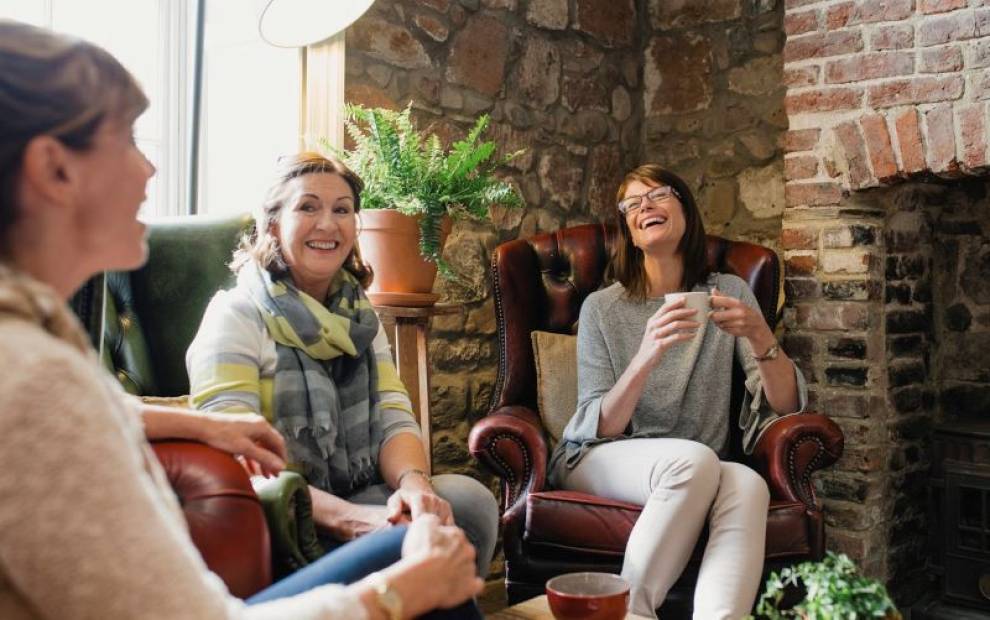
The UK Menopause Education and Support Programme, will be led by Professor Joyce Harper (UCL EGA Institute for Women’s Health), Dr Shema Tariq (UCL Institute for Global Health) and Dr Nicky Keay (UCL Division of Medicine). It is in partnership with charities, Wellbeing of Women and Sophia Forum, and has the support of the Royal College of Obstetricians and Gynaecologists and the British Menopause Society (BMS).
Explaining why the initiative is needed, Dr Tariq said: “An important component of this programme will be peer support. Research consistently shows that support from people experiencing similar things to yourself (for instance pregnancy, mental health issues and other health conditions) improves understanding of health conditions or experiences and empowers people to manage their conditions or life experiences.”
The age a woman reaches the menopause is strongly influenced by her genes, but non-genetic factors can also play a role. And for around 5% to 10% of women, the menopause occurs early (before the age of 45).
In order to understand what non-genetic factors cause this to happen, UCL researchers looked at information from two generations of women, born in 1958 and 1970, to determine which aspects of women’s lives are linked to early menopause.
They found that women whose fathers worked manual jobs were twice as likely as their peers to experience early menopause and the chances were even higher for women whose fathers didn’t live with them when they were born.
Meanwhile, a woman’s birth weight, employment status, BMI and smoking also had an impact.
Health matters
Of course, women’s health extends far beyond fertility.
In females in the UK, there are more than 182,000 new cancer cases every year. And breast cancer is the most common cancer in the UK, accounting for three in 20 (15%) of all cases.
There are also five gynaecological cancers – womb, ovarian, cervical, vulval and vaginal. Each year, in the UK, around 22,050 women are diagnosed with one of these cancers.
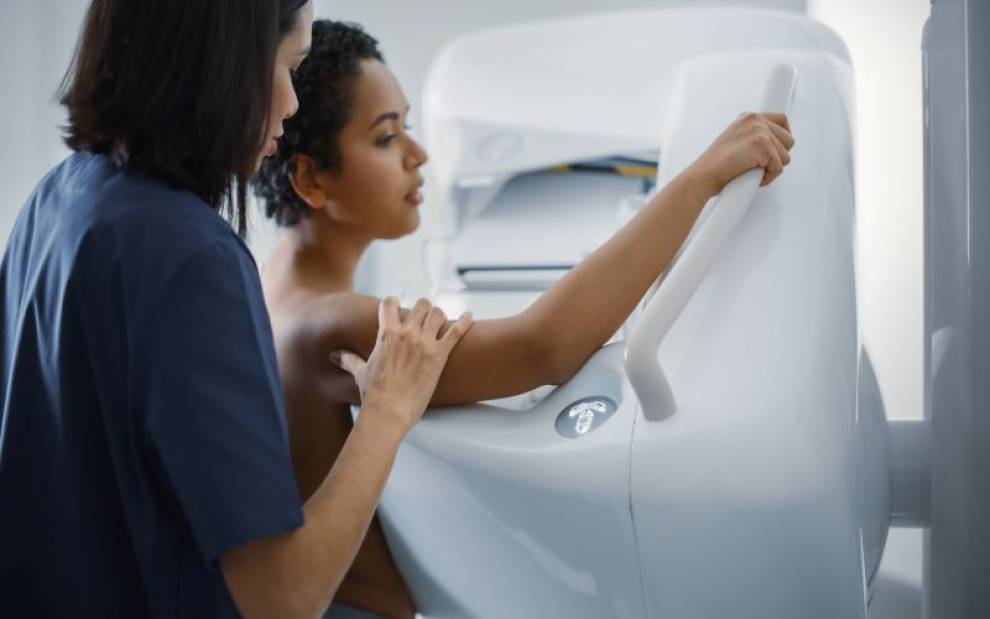
Researchers at UCL are trying to ensure that those affected receive a prompt and accurate diagnosis, while also aiming to find the most effective treatments.
Last year, a team of researchers led by Dr Mary McCormack (UCL Cancer Institute), found that better use of existing drugs led to a 35% reduction in the risk of death or return of cancer, in patients with cervical cancer.
Meanwhile, a new test to detect womb cancer showed promise in reducing the need for invasive diagnostic procedure such as a surgical biopsy.
For those living with cancer, a major £7 million research collaboration between UCL, the University of Leeds and Imperial College London was launched in 2022 to develop a new imaging and keyhole surgery approach to treating secondary bone tumours of the spine that are particularly associated with breast cancer.
UCL lead, Professor Rebecca Shipley (UCL Mechanical Engineering) said: “This funding will enable us to significantly expand our work combining computational modelling with cutting-edge imaging to better understand how cancers grow and interact with surrounding tissues.”
Facing the future
From period poverty to difficult diagnoses, health inequalities affect the lives of women across the globe.
But UCL is equipping the next generation of scientists and clinicians with the capability and technology to develop breakthrough cures and treatments to create a brighter future.
Director of the UCL EGA Institute for Women’s Health, Professor Anna David, said: “It’s really important to raise awareness about women’s health because women suffer a number of inequalities throughout the whole of their lives.”
She added: “UCL is really taking a life course, holistic approach to women’s health – we’re thinking about policy and innovation and ways in which we can really transform care and wellbeing.”
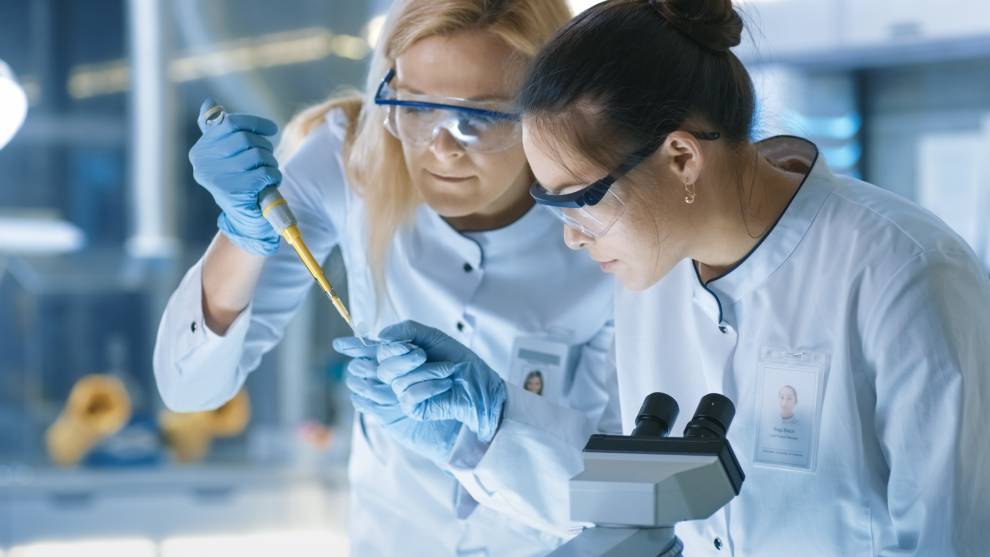
And while we reflect on the important advances that UCL is making both in London and across the world, it’s crucial to remember the issues at the heart of International Women’s Day.
Reflecting on the significance of the day and why we must acknowledge it, Professor Joyce Harper added: “International Women’s Day celebrates the achievements of women, raises awareness about women's equality, lobbies for accelerated gender parity, and advocates for the empowerment of all women and girls, across all cultural, political, and socio-economic backgrounds.”
Images (top-bottom)
- Credit: PeopleImages on iStock
- Credit: ISvyatkovsky on iStock
- Credit: Nuttawan Jayawan on iStock
- Credit: DGLimages on iStock
- Credit: gorodenkoff on iStock
- Credit: gorodenkoff on iStock
Media contact
Poppy Tombs
E: p.tombs [at] ucl.ac.uk
 Close
Close

